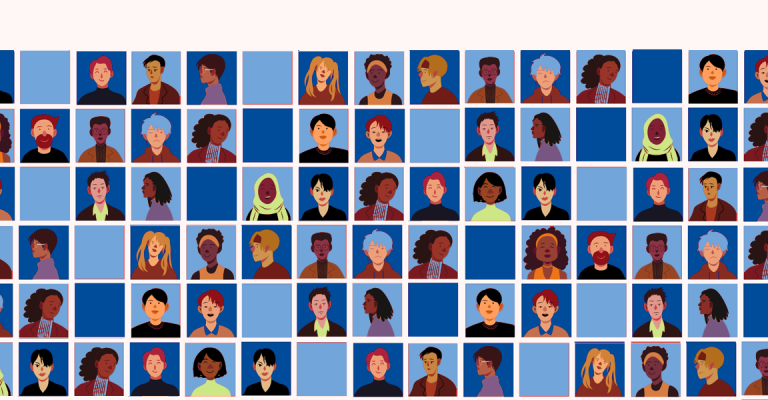Careers in Psychology
A career in psychology opens opportunity—opportunity to break new ground in science, opportunity to better understand yourself and others, opportunity to help people live richer and more productive lives, and the opportunity for ongoing personal and intellectual growth in school and throughout your career.
Some psychologists find it rewarding to work directly with people—for example, helping them to overcome depression, to deal with the problems of aging, or to stop smoking. Others are excited by research questions on topics such as health and well being, decision-making, eating disorders, brain functioning, parenting skills, forensic work, and child development. Still others find statistics and quantitative studies to be the most fascinating areas.
Traditionally, psychologists have been employed in universities, schools, and clinics. Today, more than ever before, they can be found working in businesses, hospitals, private practice, courtrooms, sports competitions, police departments, government agencies, private laboratories, and the military, among other settings.
Psychologists fill many different roles. For example, they work as teachers, teaching the discipline of psychology in universities, four- year and two-year colleges, and high schools. Psychologists work as researchers employed by universities, government, the military, and business to do basic and applied studies of human behavior. Psychologists also work as psychotherapists, helping people to individuate and resolve conflicts. Psychologists work as counselors in school settings, working with students and their families to provide support for the students’ social, cognitive, and emotional development. In addition, psychologists work as administrators, functioning as managers in hospitals, mental health clinics, nonprofit organizations, government agencies, schools, universities, and businesses. Psychologists also work as consultants hired for their special expertise by organizations to advise on the subject or problem in which the consultant is an expert, including such tasks as designing a marketing survey or organizing outpatient mental health services for adolescents.
Careers: Graduate Work And Further Training
For most professional work in psychology, a minimum of an M.A. degree is necessary. Most of our students who go on to graduate work in psychology enter the clinical/counseling/social work fields at both the master’s and the doctoral level. Other popular choices are the fields of education, research psychology, business, organizational development, and criminal justice. A 2006 survey of SSU alumni who graduated as psychology majors found that nearly two-thirds of the respondents had gone on to do some sort of graduate work, most at the master’s level.
Early in the major, students are encouraged to conduct Web searches on graduate training programs in their fields of interest in order to find out the specific prerequisites required in order to receive training in these areas. Students should consult the Department of Psychology's website which has extensive career information and web links to graduate schools and programs in specific areas. Some of the psychology courses and non-psychology electives should be chosen with regards to career objectives. Students should consult with an advisor to ensure that they are taking appropriate courses.
Most master’s and doctoral programs and employers prefer applicants who, in addition to their academic background, have some kind of applied internship or research assistantship that provides hands-on experience in their field.


